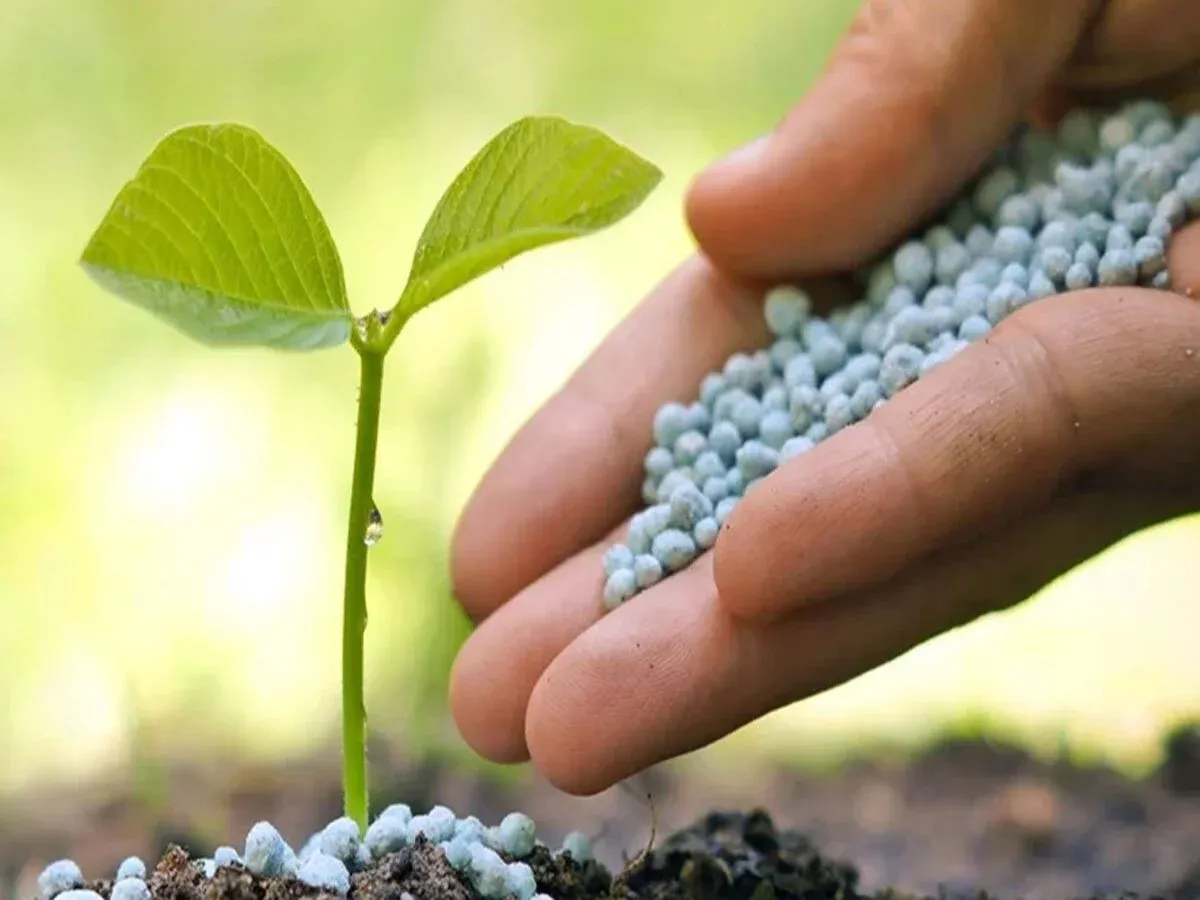Market News
Fertiliser stocks witness mixed trend on GST rejig: Coromandel, UPL shares fall; Rallis India gains
.png)
4 min read | Updated on September 04, 2025, 17:32 IST
SUMMARY
Fertiliser shares: The council corrected the inverted duty structure in the fertiliser sector by reducing GST from 18% to 5% on sulphuric acid, nitric acid, and ammonia. Additionally, it cut the rates from 12% to 5% on twelve bio-pesticides, such as neem-based pesticides, cymbopogon, etc.
Stock list

The panel, headed by Finance Minister Nirmala Sitharaman, reduced the GST on fertiliser acids and bio-posticeds to 5%, compared to 12-18% earlier. | Image: Shutterstock
On the contrary, the stock of Rallis India was trading in the positive territory.
This follows the (Goods and Services Tax) GST rate rejig announced on Wednesday evening at the 56th GST Council meeting, which saw sweeping rate cuts.
The panel, headed by Finance Minister Nirmala Sitharaman, reduced the GST on fertiliser acids and bio-posticeds to 5%, compared to 12-18% earlier.
The council corrected the inverted duty structure in the fertiliser sector by reducing GST from 18% to 5% on sulphuric acid, nitric acid, and ammonia.
Furthermore, it cut the rates from 12% to 5% on twelve bio-pesticides, such as neem-based pesticides, cymbopogon, trichoderma harzianum, and others.
Shares of agrochemical major UPL slipped as much as 2.57% to an intra-day low of ₹697.20 apiece. At the time of writing, the scrip was trading 2.47% lower at ₹697.90 per equity share.
Coromandel International shares declined 3.69% to a low of ₹2,267.80 apiece on Thursday. Currently, it is at ₹2,306, down 2.07%.
PI Industries' stock fell as much as 0.92% to the day’s low of ₹3,723.30 per equity share. As of 2:45 pm, it was trading at ₹3,741.9 apiece, down 0.42%.
On the other hand, shares of Rallis India gained 2.35%, rising to an intra-day high of ₹371.90 apiece. At around the same time, it was at ₹363.85 per equity share, up 0.14%.
The fertiliser industry in India has been facing challenges on the compliance front. Furthermore, the industry is bracing for renewed supply challenges as China prepares to reimpose export restrictions from October.
Compliance challenges
India's specialty fertiliser industry is grappling with new regulations that have brought biostimulants under government control, with the industry body warning that many small manufacturers may face closure due to compliance costs.
The February 2025 amendment to the Fertiliser Control Order (FCO) has created significant challenges for the biostimulant sector, which operated without regulation for nearly a decade.
The non-subsidised fertiliser segment includes soluble fertilisers, organic fertilisers, micronutrients, and stimulants, collectively known as SOMS.
While the first three categories have long been regulated under the FCO, stimulants are now being brought under regulatory oversight for the first time.
Chakraborty said implementation challenges have been compounded by "limitations of manpower, resources, and lack of digitization", adding that "understanding of the entire process and quick implementation has gone off track."
China to reimpose export restrictions from Oct
The industry is bracing for renewed supply challenges as China prepares to reimpose export restrictions from October, potentially triggering price hikes that will directly impact farmers, a senior industry official said on Saturday, August 30
The temporary resumption of Chinese specialty fertiliser exports has provided short-term relief, but this reprieve will be brief as Beijing plans to tighten export controls through increased inspections and consignment delays from next month.
Indian specialty fertiliser companies are scrambling to secure adequate supplies during the current one-month window, with global sourcing firms working overtime to fulfil their entire seasonal requirements before the restrictions kick in.
About The Author
Next Story

